Colin Meloy is a name you are probably not familiar with, but for any Decemberists fans out there, Meloy is the lead singer. I first hear of this book on the Design*Sponge blog, and decided it was a must have based on Grace’s brief review. I found it difficult to set down the book once I began reading and ended up reading it through the night on my birthday. It was a delight to be pulled in to such an interesting place and story with such ease; I curled up with a blanket and a cup of hot chocolate and began reading at 10:30 and looked up after a while only to find that my hot chocolate was cold and it was 3:00 in the morning. I had no idea that many hours had passed, but if the saying ‘time flies when you’re having fun,’ I was definitely having fun!
Wildwood is a coming of age story that reminded me of the best aspects of C.S. Lewis’s Chronicles of Narnia
series, Phillip Pullman’s His Dark Materials
trilogy, and Madeleine L’Engle’s the Wrinkle in Time
quintet, and still manages to be a lovely and unique story. In addition to this fantastic combination of some of the books I remember most fondly from my childhood, Wildwood charmed me with the beautiful illustrations scattered on pages throughout the book. I don’t often seek out illustrated stories, but the craftsmanship that went in to these illustrations really impressed me from the beginning. The inside cover has a detailed map of the story’s world, but Meloy’s storytelling is good enough that it isn’t necessary to see the map to be familiar with the area. The style of the illustrations and map is demonstrated nicely on the sleeve of the book, but as interesting and nicely done as it is, I find the smaller illustrations embedded within the story much more appealing.
As for the story itself, the main character, Prue, must venture in to the Impassable Wilderness (aka the I.W.) in order to rescue her younger brother who has been abducted by birds. Similar to Narnia, the Impassable Wilderness is inhabited by speaking animals that have organized themselves in to governments/fractions, but there is conflict brewing and Prue finds herself in the middle of it. The Impassable Wilderness is a place that is enchanted in such a way that humans are not supposed to be able to wander in, but Prue’s journey teaches her about family, responsibility, and something new about herself along the way.
I think this novel is something than could be appreciated by young readers and adults alike, especially is you’re looking for an engaging, imaginative, and indisputably well-written story. For people interested in artistic illustrations and a flashback to the books of a bygone era, this is a book to add to the shelves. I have no doubt that this will be a book to share with friends and families for many years to come. I hope you enjoy it!


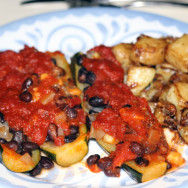

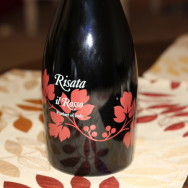
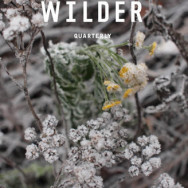
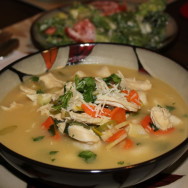

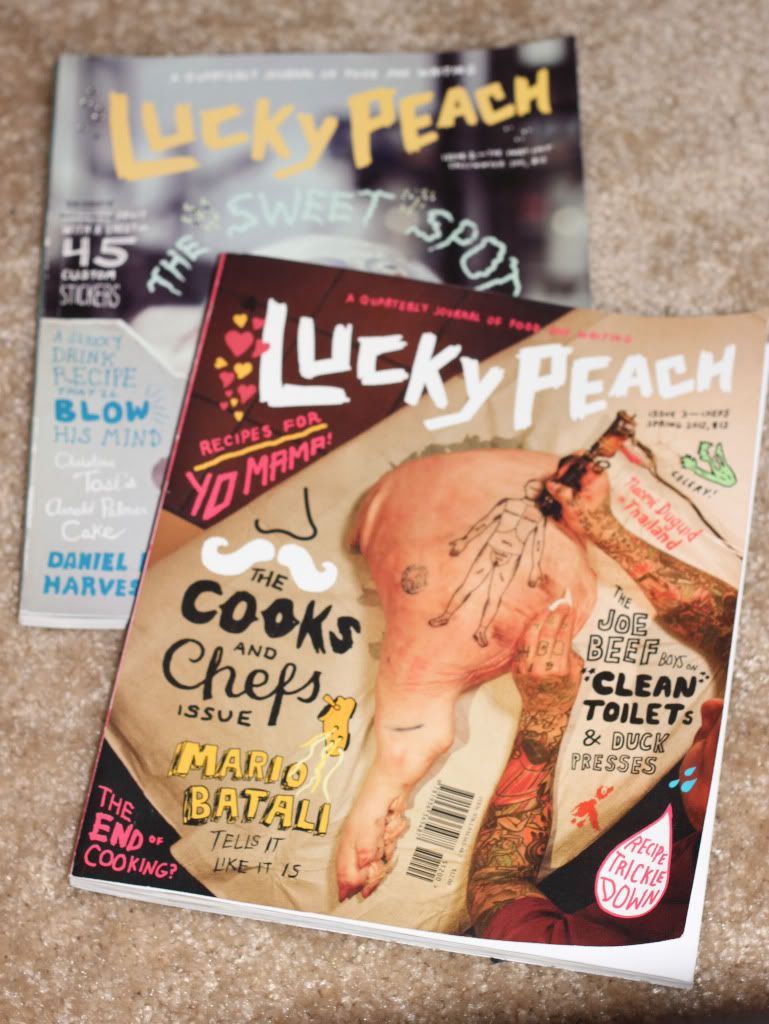 First and foremost, let me apologize for the long delay in new posts. Visiting family for Thanksgiving left me sniffling and feverish for about two solid weeks; when I finally recovered, I got so wrapped up in my long reading list that I am only now convincing myself to part from my books long enough to get back to writing.
First and foremost, let me apologize for the long delay in new posts. Visiting family for Thanksgiving left me sniffling and feverish for about two solid weeks; when I finally recovered, I got so wrapped up in my long reading list that I am only now convincing myself to part from my books long enough to get back to writing.